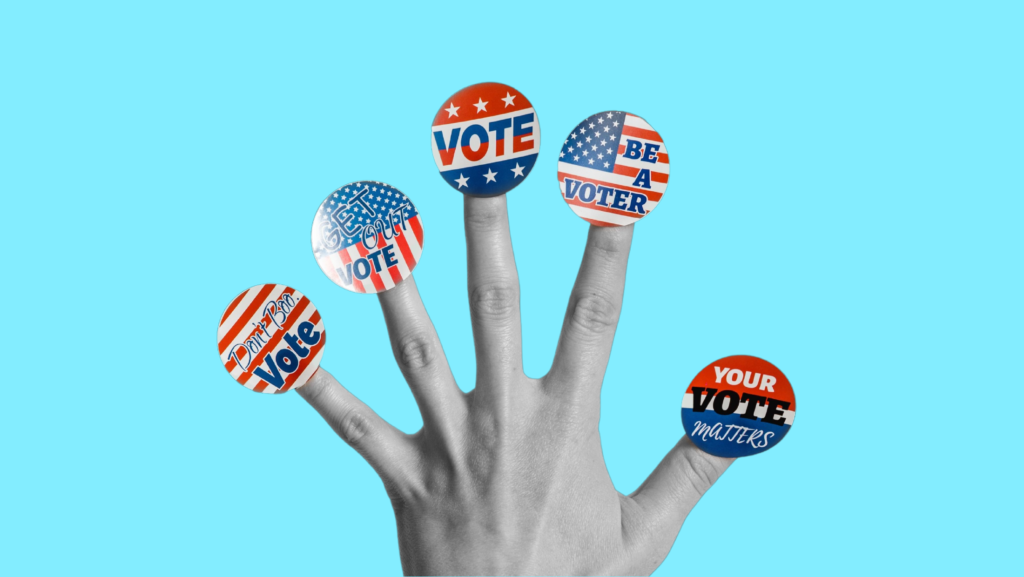Five Democracy Reform Essentials

Many of us were convinced that if we just prevented bad things from happening for four years, we would enter a new America on Jan. 20, 2021 at 12:01 p.m. We thought our democracy was resilient and might even get stronger from the stress placed on it.
Resistance to Trump was not futile, but it was not enough.
Now that we have transitioned to an America without Trump as its president, the days are still dark — an epidemic is raging and the assault on democracy continues. Although the man left the White House, Trumpism remains, now deeply embedded in the Republican Party. The damage that it has done and, until rooted out, will continue to do to our nation and its institutions and values is structural and will not be easily repaired.
We can no longer seek to merely resist or even to restore. Our mission for the next four years must be to strengthen our democratic institutions and voting laws. We need a new Democracy Agenda — one that addresses the realities in which we now live.
Here are five needed reforms to start:
1. Reforming the Election Certification Process
We must focus on shoring up the weak points in our system that Trump and his allies exploited. This includes replacing the current system of multiple canvasses and certifications that allowed democracy to be held hostage to quaint formalities. Certifications should be simple and fast and not solely reliant on election officials doing the right thing. Reform efforts must also include changes to post-election recount and contest provisions to disincentivize frivolous attacks, while allowing those with genuine issues to raise them and have them resolved.
2. Making Voting Rules Voter-Centric
We must focus on making voting systems more voter-centric. The test for voting laws, rules and practices should be whether they improve voting access and participation, not whether they make it easier or more efficient for election administrators. Laws that make voting harder need to be viewed with suspicion and subject to the most probing scrutiny. That means not allowing claims of unspecified “fraud” to be used as an excuse to disenfranchise voters. We don’t balance any other constitutional right with government convenience or generalized and unsubstantiated fears of harm, and we should not do so with voting.
3. Maximizing Ballot Acceptances
Too many states have arcane, unnecessary requirements for ballots to be counted. Pennsylvania’s law that rejects so-called “naked ballots” is silly and serves no purpose. Same with laws that reject ballots when a voter fails to handwrite the date on their ballot envelopes, omits their zip code or transposes some numbers. Rejecting ballots that are cast by lawful voters in the wrong precinct is similarly indefensible. Absent proof of actual fraud, we must insist that all eligible voters have their ballots counted.
4. Auditing Election Administration
We need to audit and publicize how our elections were administered. Counties should be required to publish the average and longest wait times at every polling location they operated. They should be subject to an independent review of each and every ballot they rejected and have to report any ballots rejected in error. This data will both improve election administration in the future and provide valuable insight into which election administrators are disenfranchising voters. We also need to be insistent that persistent under-resourcing and long lines at voting places, a phenomenon most often observed in heavily minority areas, are addressed and rectified.
5. Publishing Election Changes
Every jurisdiction in America should be required to publish online any change to an election law, rule, policy or practice that may negatively impact voters 30 days before it can take effect. While other Voting Rights Act-specific reforms are needed, there is no reason any voter should wake up anywhere and face a new barrier to voting that they did not know would take effect.
These reforms will not solve every problem with our democracy, nor will they protect every voter. But they will help strengthen American democracy once again.